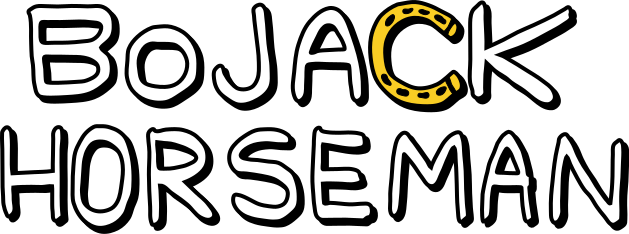Fox: A pioneer amongst adult cartoons
March 4, 2019
Netflix’s hit adult-oriented cartoon Bojack Horseman wrapped up its fifth season last summer and was immediately renewed for a sixth season only days after its release. Back in 2016, in just a month, the show made Netflix $64,000.
What separates this adult cartoon from others, making it a viable source of income for even streaming services? Bojack Horseman outpaces many other adult shows currently airing in terms of humor, continuity and adult situations — all things that shows on Turner’s adult swim channel have in quantity rather than quality.
South Park, one of Comedy Central’s longest standing shows, is a good comparison to Bojack Horseman in terms of continuity. While South Park does contain a degree of continuity (and deviates from it intentionally), it is rather a means to an end than an ongoing story, as the show attempts to keep up with current social and political trends. One obvious way the show is different in continuity is that the characters (rarely) ever grow. The main characters have remained schoolchildren for several years–while this in itself is not a detriment to the format, it allows for situations which have no consequences, such as in shows like The Simpsons.
Bojack Horseman is primarily story-driven. It features Bojack Horseman, a washed-up, alcoholic actor that starts the show wanting nothing more than to regain his fame — later discovering he craves companionship as well as shallow attention. Over the years and seasons, he grapples with mature themes such as loneliness, depression, drug addiction and the loss of loved ones. While many shows on other networks may feature these themes, Bojack Horseman uses them to show the consistent imperfections and developments of the characters, and makes explicitly clear the positive development characters make.
One good example of this specifically is the show’s take on depression. YouTube content creator Pengwins shared a video breaking down the show’s view of mental illness. He opens with a strong line from the show displaying Bojack’s depression and insecurities:
“Nobody completes anybody. That’s not a real thing. If you can find somebody you tolerate, you sink your nails in and you don’t let go, no matter what. […] Settle, because otherwise, you’re just gonna get older, and harder and more alone. And you’re going to do everything you can to fill that hole with friends, and your career and meaningless sex, but the hole doesn’t get filled. And one day, you’re gonna look around and realize that everybody loves you, but nobody likes you. And that is the loneliest feeling in the world.”
In the show, mental illness is validated and treated in a respectful, adult manner. It makes no attempts to claim depression is glamorous or enviable; rather, it is used to explain the character’s actions and beliefs — it is not the source of the show’s comedy. It is merely a facet of Bojack’s complex personality.
This is the shortcoming of many other adult-oriented TV shows on air — not the lack of continuity or even taking the content seriously — it is about where the humor is placed. Bojack’s depression isn’t inherently funny; perhaps the actions he takes because of his illness are funny, but it isn’t the punchline. The show isn’t using the depression as shock value, but uses it to make the characters more real.
Recently, Bojack Horseman has even been syndicated by Comedy Central, making it a competitor to shows like South Park. Hopefully, the popularity of the show will encourage more well written adult-oriented content that isn’t focused on toilet humor (such as Family Guy) to the forefront of the genre.
















